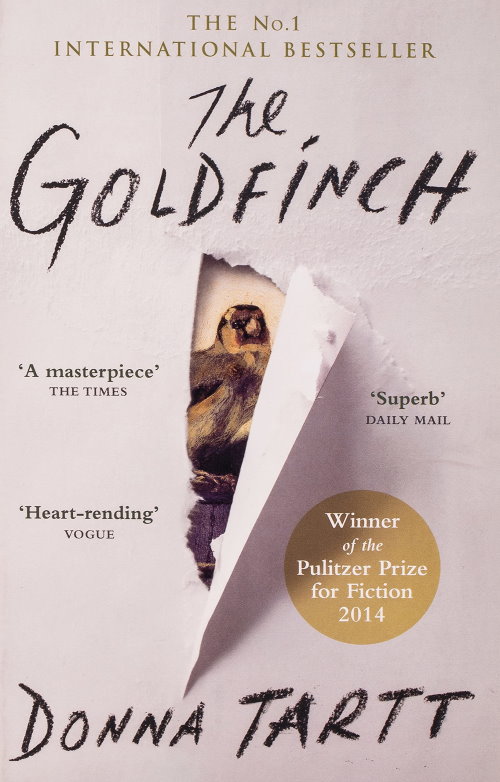Cheri reviewed The Goldfinch by Donna Tartt
Review of 'The Goldfinch' on 'Storygraph'
4 stars
I still haven't read the blurb - I need to do that - so I went into this audio book blindly. I'm happy I did because I was so pleasantly surprised that I never knew what was going to happen.
In a nutshell, I enjoyed this book a great deal. The characters were so real and complex, even a good number of the secondary characters, that I felt invested in the various story arcs. The only reason I'm not going five stars is because I felt some of the passages about art and furniture went on too long and I found my attention wandering away from the book while the narrator went on for what must have been pages of background information. Much of it was interesting and certainly showed how vast Theo's knowledge was but it couldn't hold my attention.
I finished the book yesterday evening and I'm actually …
I still haven't read the blurb - I need to do that - so I went into this audio book blindly. I'm happy I did because I was so pleasantly surprised that I never knew what was going to happen.
In a nutshell, I enjoyed this book a great deal. The characters were so real and complex, even a good number of the secondary characters, that I felt invested in the various story arcs. The only reason I'm not going five stars is because I felt some of the passages about art and furniture went on too long and I found my attention wandering away from the book while the narrator went on for what must have been pages of background information. Much of it was interesting and certainly showed how vast Theo's knowledge was but it couldn't hold my attention.
I finished the book yesterday evening and I'm actually missing Theo and Boris and Hobie.











